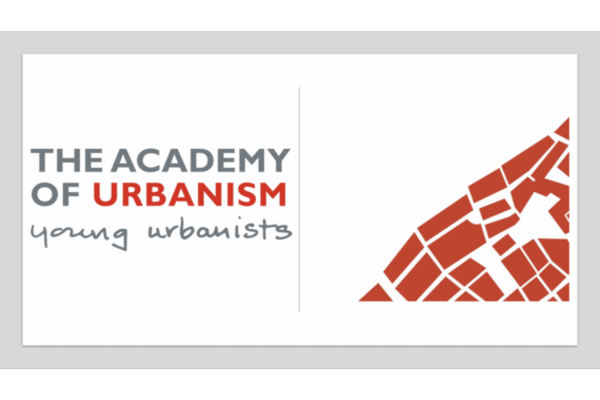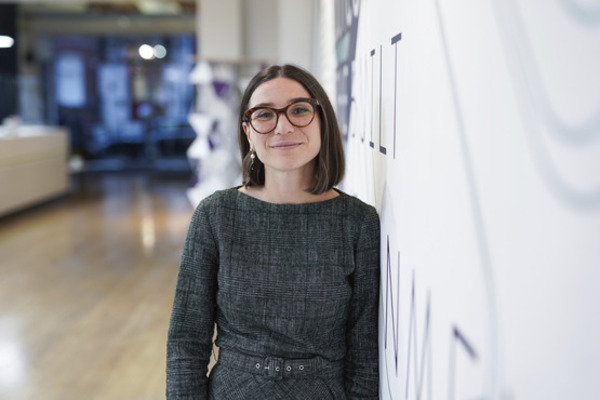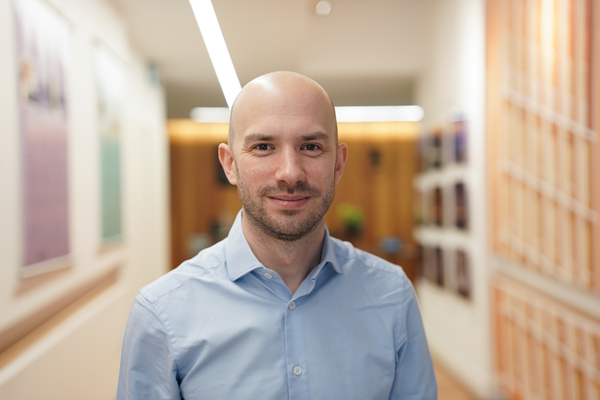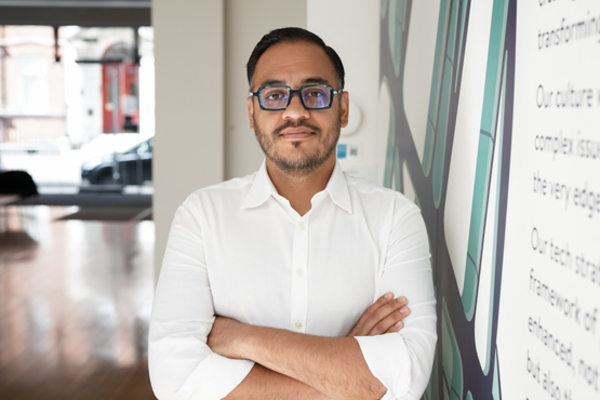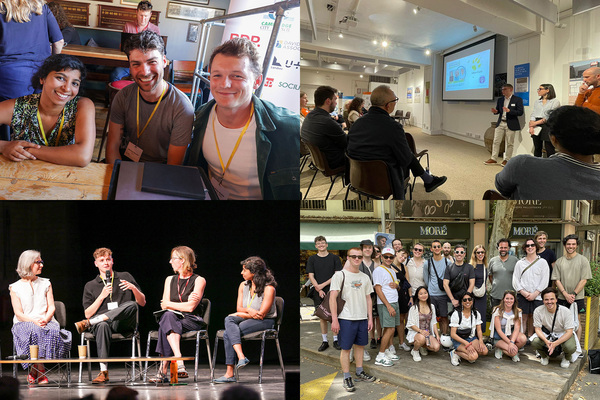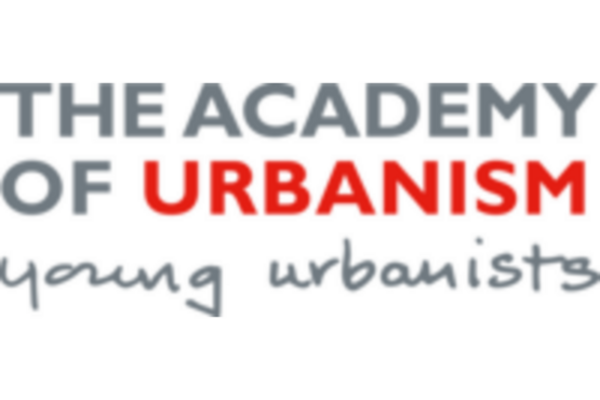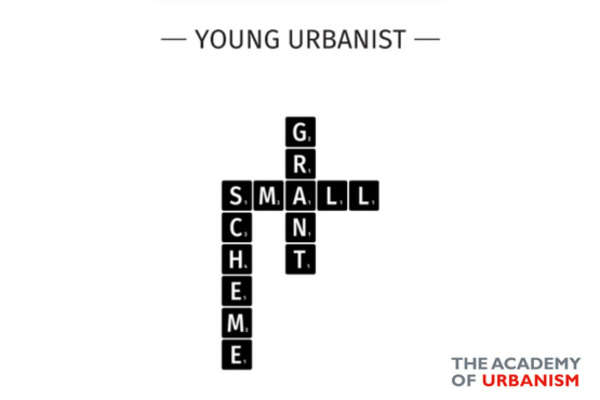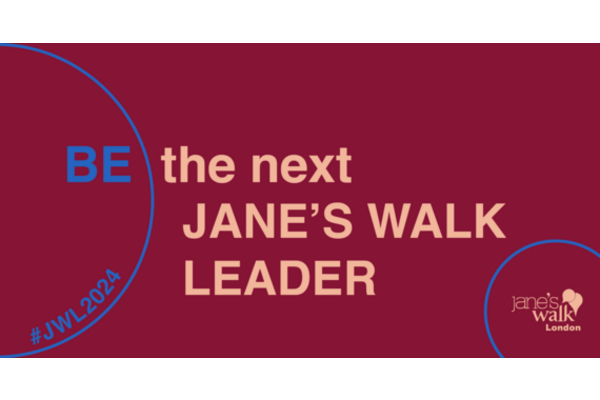This year we received some great ideas and proposals, ranging in originality and diversity. We are pleased to announce the recipients of the Small Grants Scheme and we look forward to reading about their findings in due course!
Please join us in congratulating recipients Joe Bonomo, Nick Brown and trio Monica Laucas, Paul Norman and Arturo Reyes. Learn more about the projects of your fellow Young Urbanists below!
If you have any questions about becoming a Young Urbanist or the Small Grant Scheme please get in touch with our Membership and Young Urbanist Coordinator Roshni Thakker at [email protected]
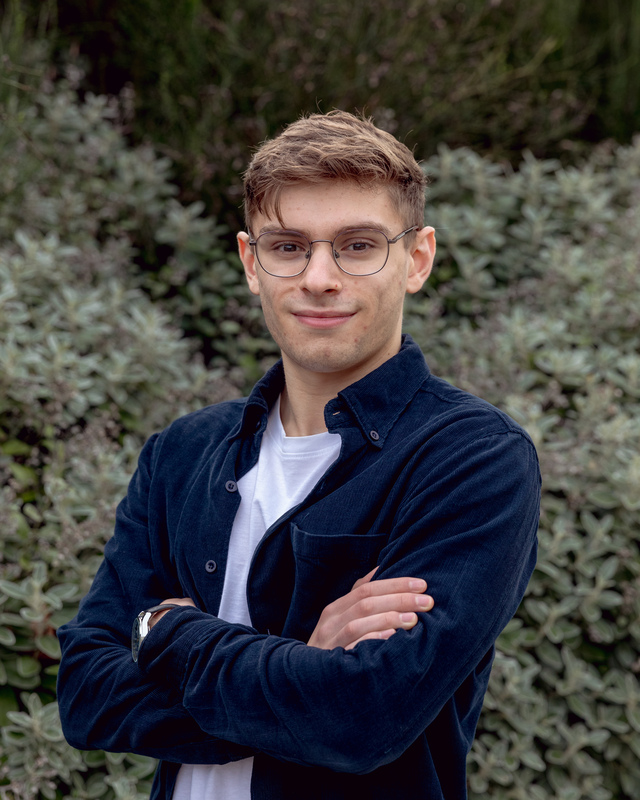
The Effectiveness of Mobility Hubs: A case for the UK - Joe Bonomo
Urbanised environments are experiencing a series of unprecedented challenges. The impacts of climate change are becoming ever more present, with cities producing 60% of global emissions, of which 78% of this can be sourced to transport. There are also significant issues with inequity across morphological scales, ranging from disparities in the quality and access to green spaces between wealthy and poorer neighbourhoods, to the standard of housing. New solutions are therefore needed to be developed to make our environments responsive, adaptable and equitable.
Mobility hubs are an innovation that sprung out of this goal, evolving over the last 20 years. Mobility hubs were initially conceptualised as a way of reducing congestion and air pollution within inner cities, through Park & Rides, providing cost-competitive vehicle parking and frequent and reliable bus services. This concept has since changed in response to the need to switch travel behaviours, as a result of climate change and the inequity vehicles subject to their environments, and are now conceived as a network of multi-modal interchanges, offering complementary facilities, amenities and information to attract and benefit travellers.
Recent urban planning trends have led to policy requirements for mobility hubs in new developments, but there is a current lack of understanding within the industry of what a mobility hub is and what they are aiming to achieve.
Europe has been leading the way in the roll-out of mobility hubs. Leuven, Belgium, is a leading example, having already rolled out a network of 50 hubs, which is expanding into a regional network of 1000 hubs across the Flanders region.
Joe's research looks to identify transferable strategies from Leuven and translate this into a series of guidelines for the development of mobility hubs in the UK, taking in lessons from the challenges of developing hubs in the UK.
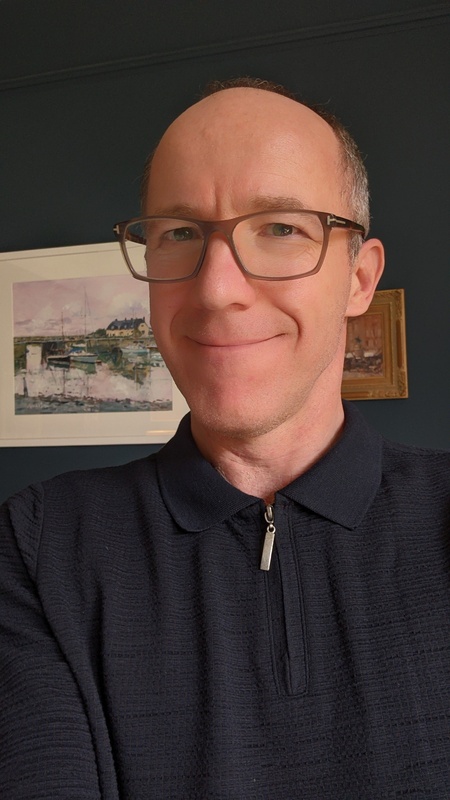
What's next after a Neighbourhood Plan? - Nick Brown
Engaging with the process of bringing local community aspirations to reality
The Localism Act of 2014 introduced the Neighbourhood Plan as a statutory means for giving more agency to local communities to shape the direction of development in their area. In Highgate, North London, residents spent many years developing a plan and in 2017 it was integrated into the planning framework in a local referendum. The plan identified key sites that the community felt possessed a particular opportunity for development. One of these sites is a 1.8 hectare plot of heavily wooded land above Highgate tube station. Within the site sits a listed, disused platform designed by Charles Holden. The site currently has no public access and the community group would like to see it activated as a place for education, recreation or well-being.
His active research project will support and follow the group as it seeks to realise these aspirations. The first phase will involve conducting thorough site and context analyses and community engagement. The culmination will be a report that lays out the constraints, opportunities and parameters of the project. It is envisaged that the second phase would involve a call out to Academy members for ideas and proposals for the site. The third phase would involve the selection, development and implementation of a design.
The project will offer an insight into the process of community-led development and give Academy members an opportunity to engage with a real-world example.
Secondary Cities, Primary Opportunities - Monica Laucas, Paul Norman and Arturo Reyes
The project aims to highlight the significance of secondary cities and the issues they face, emphasising the value of smaller scale urbanisation and regional growth.
While global attention often focuses on mega projects and capital cities, secondary cities and towns play an important role in economic development. Notably, 75% of the world’s population resides in settlements with fewer than 500,000 inhabitants, contributing approximately 40% of global GDP. However, these places face pressing issues such as rapidly decreasing and aging population, brain drain, stranded assets, lack of opportunities for young talent as well as lack of investment.
At the same time, the widening economic disparity is increasingly of political relevance. In every corner of the globe, populist movements are finding fertile ground in communities that feel neglected and “left-behind”. Levelling Up and growth across regions have become central to the political agenda in the UK. Across Europe, regional and national governments are looking for solutions to repopulate towns be that by paying families to move there or by selling buildings at highly convenient prices (e.g. 1€).
These issues not only pose deep political, economic and social challenges, but they also have consequences on the built environment. Stranded assets, underutilised infrastructure and inadequate resilience measures are only some of the issues that need attention in secondary cities and towns worldwide.
We will explore these challenges in a podcast series, bringing together academics, community groups, practitioners, investors and cities authorities to foster constructive debate and dialogue. From adapting social infrastructure to climate resilience and migration flows, each episode will unpack a different facet of the secondary city conundrum, aiming to spark honest conversations and innovative solutions. The podcast will provide a platform where we hope ideas can come together, solutions emerge, and our vision for vibrant, resilient secondary cities takes shape.

